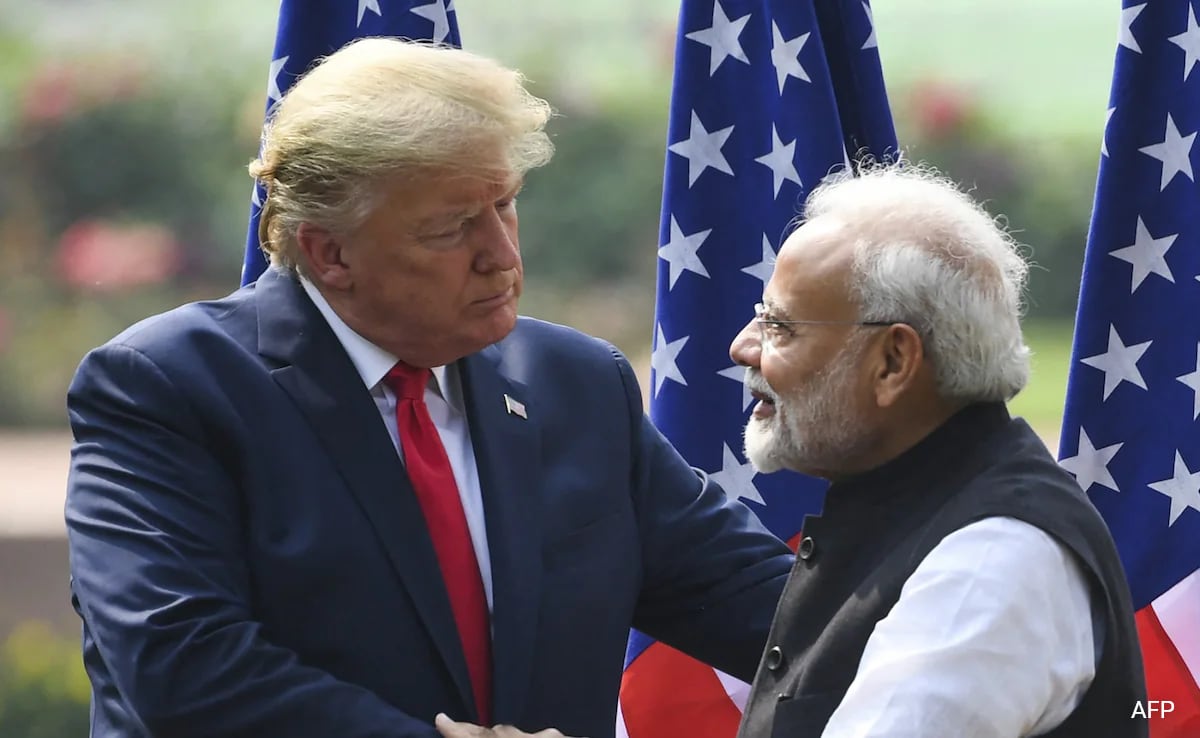His remarks also come after Gulf sheikhdoms saw the U.S.â chaotic withdrawal from Afghanistan, raising concerns about Americaâs commitment to the region as defense officials say they want to pivot forces to counter perceived challenges from China and Russia.
âThe United States remains committed to preventing Iran from gaining a nuclear weapon. And we remain committed to a diplomatic outcome of the nuclear issue,â Austin told an event put on by the International Institute for Strategic Studies. âBut if Iran isnât willing to engage seriously, then we will look at all of the options necessary to keep the United States secure.â
Iran long has maintained its nuclear program is peaceful, though U.S. intelligence agencies and the International Atomic Energy Agency say Tehran had an organized weapons program until 2003. Iranâs mission to the United Nations did not immediately respond to a request for comment Saturday.
Since then-President Donald Trump unilaterally withdrew America from the Iran nuclear deal in 2018, a series of escalating incidents have struck the wider Mideast. That includes drone and mine attacks targeting vessels at sea, as well as assaults blamed on Iran and its proxies in Iraq and Syria. The U.S. also killed a top Iranian general in Baghdad in early 2020, which saw Iran target American troops in Iraq with ballistic missiles.
Under Biden, U.S. military officials are looking at a wider reshuffling of forces from the Mideast to other areas, though it still maintains a large presence at bases across the region. Austin hinted at that in his remarks, saying: âOur potential punch includes what our friends can contribute and what we have prepositioned and what we can rapidly flow in.â
âOur friends and foes both know that the United States can deploy overwhelming force at the time and place of our choosing,â Austin said.
___
Follow Jon Gambrell on Twitter at www.twitter.com/jongambrellAP.
.png)











 English (United States) ·
English (United States) ·  Turkish (Turkey) ·
Turkish (Turkey) ·